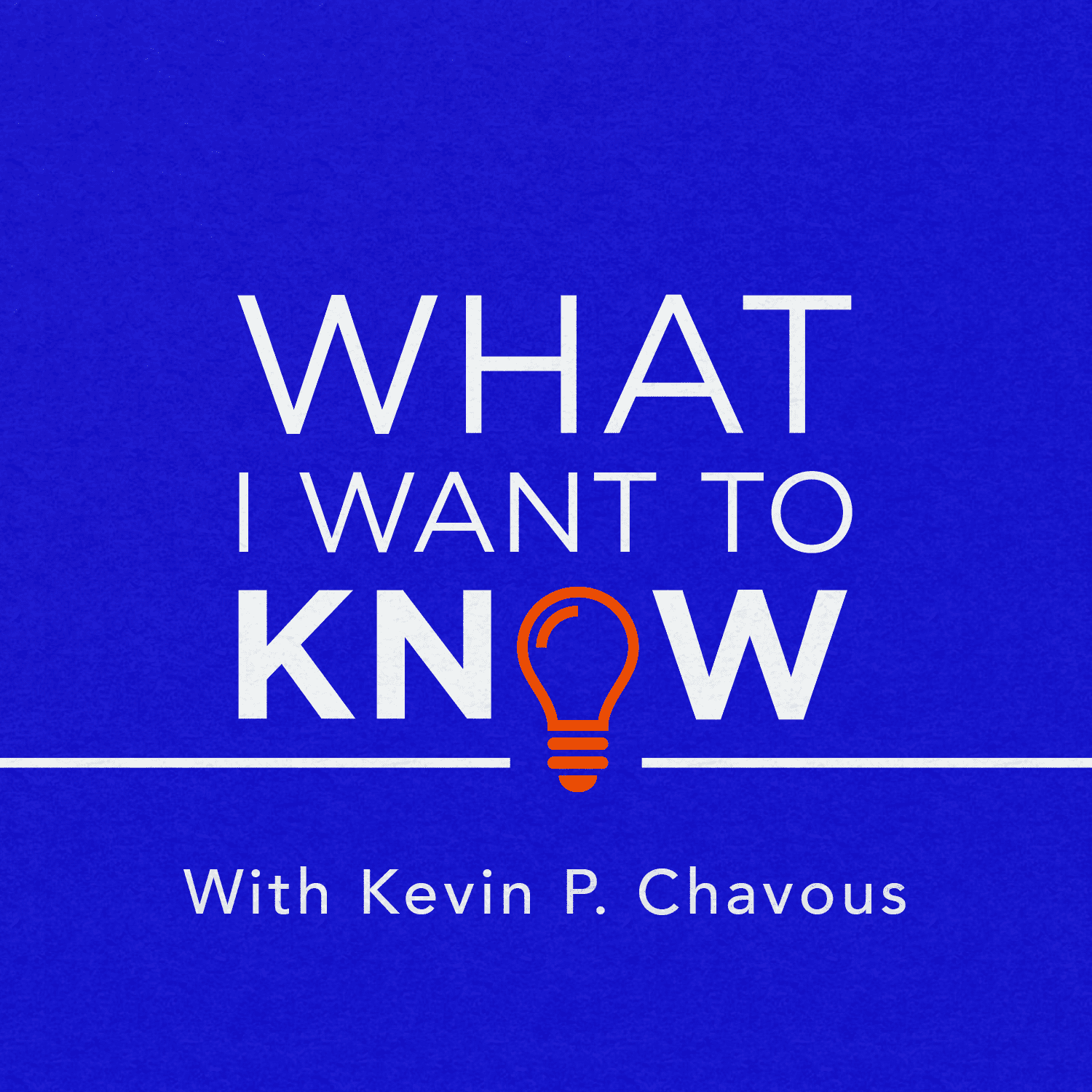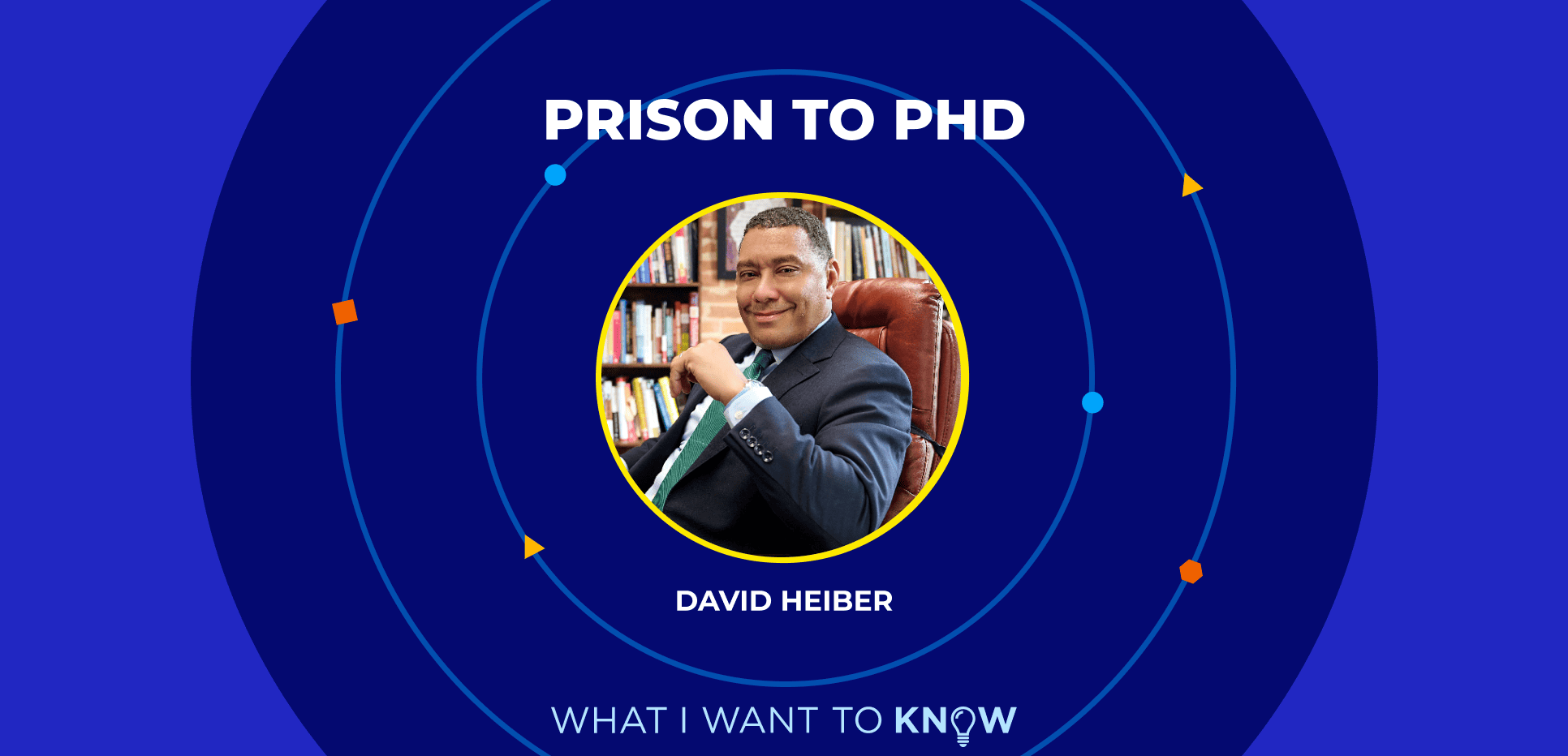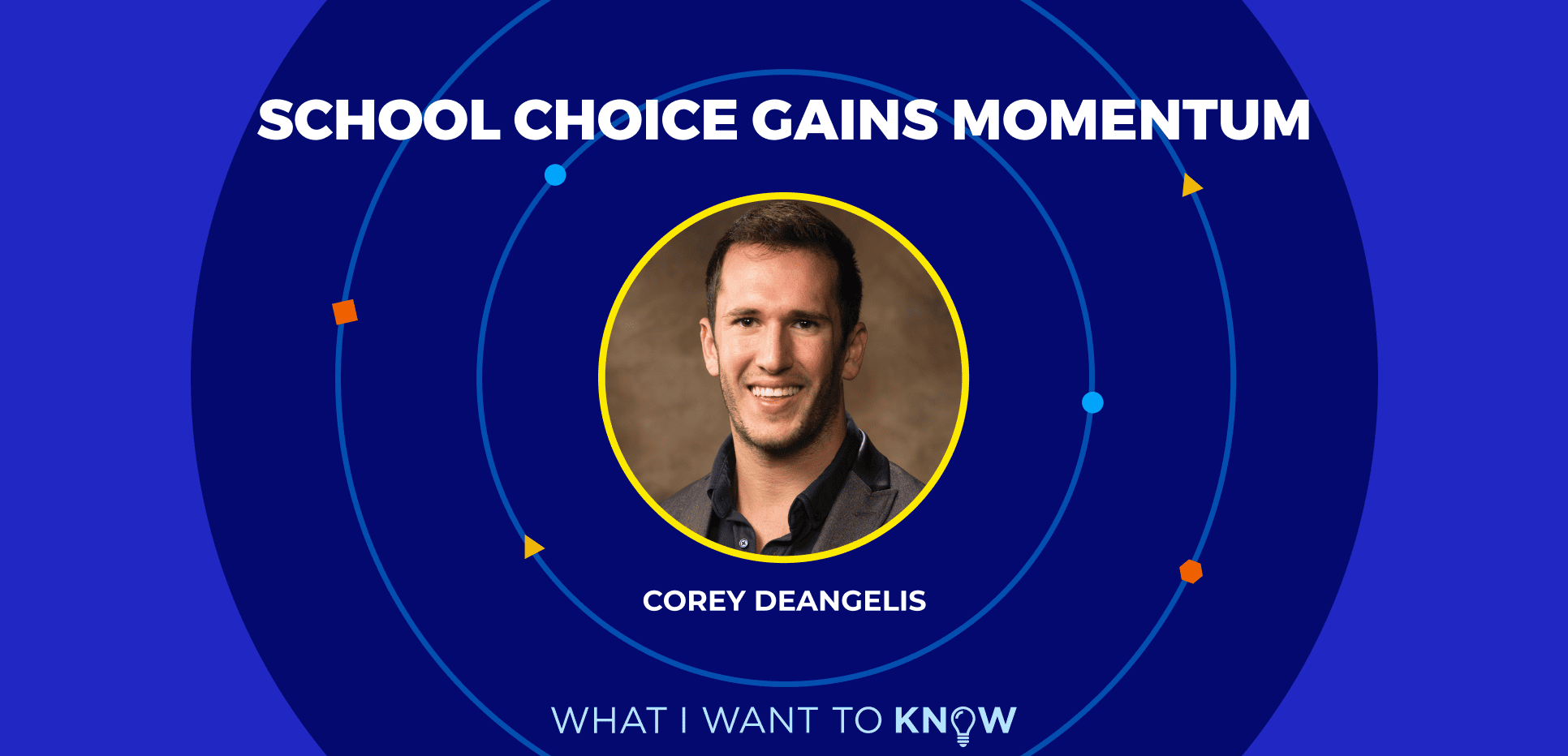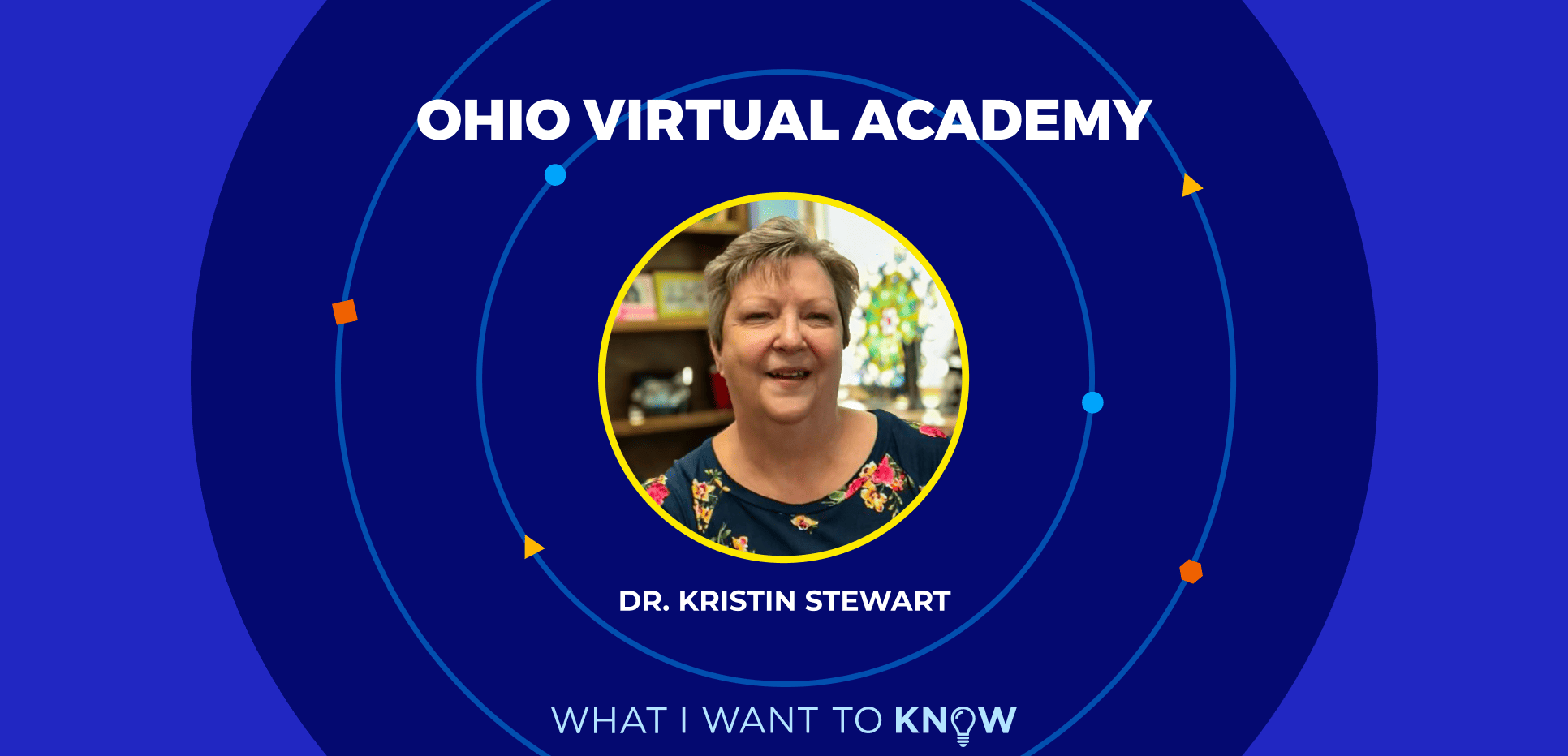During the 2019–2020 school year, more than 1.6 million children were enrolled in preschool programs across the United States. But is early childhood education really a springboard for academic success? What are kids able to learn and absorb at this age? And are we striking the right balance between the ABCs, the 123s, and the social interaction that’s vital to healthy development?
In this episode, Kevin speaks with clinical psychologist Dr. Michael Troy to understand preschools and the science of how young minds learn and grow.
Listen to the Full Audio
Listen on: Apple Podcast, Spotify
Transcript
Kevin: During the 2019, 2020 school year, more than 1.6 million children were enrolled in preschool programs across the United States. But is early childhood education really a springboard for academic success? What are kids actually able to learn and absorb at this age? And are we striking the right balance between the ABCs, the one-two-threes, and the social interactions so vital to healthy development? This is “What I Want to Know.”
Kevin: Today, I’m joined by Dr. Michael Troy, one of the world’s leading experts in early childhood psychology. Dr. Troy is a clinical psychologist at Children’s Minnesota. He serves as the medical director of Behavioral Health Services and as the site director for the Pediatric Innovation Initiative. I’ve invited him to join the show today to talk about our preschools, and if they are teaching the science of how young brains develop and grow. Dr. Troy, welcome to the show. There’s so much I wanna talk to you about. I’m fascinated by your work. I’m fascinated by the brain science associated to where students are, but I always like going back to the beginning. What drew you to this work? I mean, this isn’t the type of thing that, you know, a 10-year-old kid says, “I wanna study the brain science of young people.”
Dr. Troy: I guess the starting point for me was really kind of an interest in why children can come from the same set of circumstances and end up in very different places, and how children can begin in very different places and end up on a common pathway with others. And that very early on led me to think about the issues of risk and resilience in development. I spent time in the early ’80s, which will date me a bit, but in Northern Ireland working with children in context of conflict there and sort of working in different settings. And when I went to graduate school, I became interested in sort of issues of children’s mental health. But that actually led me earlier to look at…not myself to look at, but to join a group looking at the power of the attachment relationship between the primary caregivers and an infant, and how that affects early development and carrying that forward.
And so, I have that background. I then spent a long time working as a clinician with children in adolescence, and then was fortunate enough to join a network through University of Minnesota and Harvard University’s Center for the Developing Child, where they are really trying to understand the mechanisms that translate, as they like to say, sort of how experience gets under the skin. So, what happens in their life, how does that translate into brain development and to health to resilience and risk.
Kevin: I’m a parent of multiple children and for all of us who have more than one child, we often wonder how they can be so different. Did you come with any conclusions as to why, you know, kids who come from the same household, the same experience, how can there be such a wide variety of differences, especially if they’ve had the same type of grounding from the beginning, you would think?
Dr. Troy: Your question goes to one of the important issues in the field which is sort of, you know, how does our genetic makeup and our environment come together?
Kevin: Yeah.
Dr. Troy: And for a long time, you know, all this was sort of framed as a debate. You know, as somebody, you know, more famous than me said, you know, it’s not a matter of nature versus nurture. It’s nature dancing with nurture.
Kevin: Now that wasn’t Yogi Bear [SP], was it?
Dr. Troy: It may have been. And now more recently, sort of the notion of genetics, the environment, and time. You know, so when things happen in development matters a great deal. We have evolved to have much in common, some things different. You know, to have complementary sets of personalities and skills and attributes. But underneath that, there are very basic common needs that are…if we meet those, then we can develop into our fullest sense of ourselves even if it varies one from another. You know, we come in with different skills, different talents, but that core can be common.
Kevin: You’ve written and talked a lot about that zero to three years of age time period and how critical that is, and so many of the markers that dictate your life are set in place at that time. Talk a little bit about that.
Dr. Troy: I like to say that if there was one year to get right in life, it’s the first year, you know? Then the second year, then the third year. And, you know, with enough time, I could convince most people of the power of that first year and what happens in it. Humans are born extraordinarily immature as an organism. Like, there is no mammal as helpless as a human baby. And partly, that’s because so much brain development is continuing to happen. You know, like, our primary advantage from an evolutionary point of view is our problem-solving, the complexity of our thinking, or the complexity of our social structures. And so, people sometimes refer to, you know, those first, you know, three months of life as the fourth trimester. You know, so much development is still happening. And we are predisposed to organize around the people in our environment taking care of us and that becomes the prototype or the definition of what a relationship is.
Kevin: It begs the question, as you and I both know, we have so many children born in poverty, so many children born to mothers with chemical addictions of some kind, so many environmental challenges that are not healthy or conducive to making that one year productive. So how is that impacting society as a whole? Many people, many educators feel that maybe they can help make some of that up through the preschool experience, through having, you know, sort of the right, you know, interventions early on. How does that all come into play?
Dr. Troy: When I talk about how important that early environment is, it’s a double-edged sword in the sense that if we’re not careful, we begin to equate, say, poverty or scarcity for the quality of experience that an infant has.
Kevin: Yeah.
Dr. Troy: It’s related. Sometimes it’s referred to as ordinary magic. Like, how does that happen? Well, sometimes in what looks like a very stressful, even chaotic circumstances, there is somebody or a few people providing stability and consistent and responsive care.
Kevin: That’s a fair point. Yeah.
Dr. Troy: Yeah. And from the point of view of the developing infant and child, that trumps all the other things that are happening.
Kevin: Yeah. You know, one of the things you said in your writings was that, you know, and you referenced your own kids, “Raising kids are hard but it’s not complicated.” And I do think that in today’s age, we’re so used to looking for the answer and trying to figure it out. And you put such a premium on relationship buildings and having those relationships formed at early age. Talk about that because I do think for a lot of young parents, you know, who wanna do the right thing, they wanna get them prepared, they wanna give them the right schools, you know, some of those basics still apply.
Dr. Troy: They absolutely do apply, you know. They kinda begin the conversation talking about brain development, but human brain develops in the context of relationships. It cannot engage the world by itself. It has to be mediated, you know, with someone else. And so, there isn’t anything more important than that availability of invested, loving, consistent human. And then brains are built from the bottom up, right? So early on, right away, what’s happening is how do I regulate myself, my body. Then it’s sort of, like, what is around me. And the power of language development. And this whole process early on…tell me if this isn’t responsive and I’ll refine the answer but we begin at a brain level with this tremendous explosion of synaptic connections between neurons. And then experience comes into play.
And based on that experience, we begin to pair those connections. We don’t develop more. We develop fewer. Not fewer neurons, fewer connections. We shed what we don’t need and we strengthen what we do need. And it’s true in language development. Language development is a good example, you know, when six, eight-month-olds are babbling and they’re emitting every sound unit, not only for every language that exists but every language that ever existed. And then the environment engages and their brain is wiring the sounds they need for the language or languages they’ll speak.
Kevin: And they discard the rest.
Dr. Troy: And they discard the rest.
Kevin: Wow.
Dr. Troy: And so that happens in language development, it happens in sorta how we learn about sort of attention and focus. Things that will become very important in school. So, you know, sometimes these are referred to as sensitive periods. And again, you know, I may give my language to it but in education, there’s a language for understanding this as well. You know, there is a reason why a preschool curriculum is fundamentally different than an elementary school curriculum.
Kevin: Yeah.
Dr. Troy: And it’s because of, in a sense, the developing brain and the transformation over time of children.
Kevin: So, when we talk about preschools and their curriculum, with this big sort of academic push and making sure the kids were testing at grade level and standardized tests, some preschools, you know, sort of tilted toward getting kids not just ready to learn but, you know, the one-two-threes, ABCs are premium. Is it fair to say your view is that while getting ready for school in preschool is important, there shouldn’t be as much emphasis on the ABCs, but maybe more on the social interactions and the relationships? Would you agree with that?
Dr. Troy: So, when a group of kids are pretending to build a castle, they’re working through things like how do you develop a relationship with another kid, so that they’ll play with me now and I’ll do what they wanna do later? How do I play with that other kid and do what they wanna do and delay the gratification I’m gonna get from what I wanted to do in the first place? Like, those are the bricks and mortar of development of that age group. Now can you pull in curriculum that is more academically focused? Sure. That’s fine. You know, but I don’t think it’s the important work of preschool. You know, I think of development as…moving from one developmental stage to another to me is more like moving through a chute than through a gate. Exactly when each kid enters and how fast they move through it are just their individual differences and they aren’t that meaningful necessarily, except at the extremes. And so, if you learn to read well at five and I learn to read well at six, when we’re adults, you don’t have a year’s more knowledge than I do. You know, you don’t read a year better than I do, you know?
So, I think if it’s interesting, enjoyable, in the context of what is developmentally appropriate for kids that age, it’s fine. But it’s not actually the most important thing happening.
Kevin: Yeah, I’m reminded of that old notion that you learn all you need to know in preschool playing in the sandbox with the others.
Dr. Troy: Yeah, yeah. You know, if you ask most kindergarten teachers, “Would you rather have a kid that has mastered basic sight vocabulary and they’re, you know, are good at forming letters, or a kid that can, you know, sit in group, enjoy a story, help their neighbor, you know, be patient and cooperative?” Like, as a starting point in kindergarten. What would most kindergarten teachers choose? I think they would choose a kid that has some measure of control, regulation, social engagement, and interest.
Kevin: Dr. Troy, this is what I really wanna know. Has the pandemic impacted on how our children are developing?
Dr. Troy: I think it is relevant. I think it’s been very stressful for families. I think that for very young kids, their needs are pretty fundamental and basic. So, whether they occur in the context of a daycare, a preschool, a home, if there are consistent relationships that are engaged and responsive, they’re probably developing fine. Now it’s been hard on families. It’s been stressful economically. It’s been stressful in terms of balancing work and so forth. And, you know, but that is not a mask, it’s not something else. And I said it’s a little bit glib but, you know, somebody…we were talking about the effect of masks in pediatrics and of, you know, how it affects kids.
That’s not good, but I said, you know, it is a factor, distressful but you know what else is stressful? You know, the ice age or, you know, having to live in a refugee camp for several years, you know? Like, there are a lot of things that we’re faced with that we can manage if there are stable consistent relationships. We get through it. And we’re built for that. You know, we’re an extraordinarily resilient species. And so young kids coming through this, it will matter. It’ll be part of their story, but I don’t really worry about their development over time.
Kevin: Yeah. Well said. The resiliency of humanity is part of our trademark.
Dr. Troy: It is.
Kevin: Dr. Michael Troy, you’re doing incredible work. Thank you for joining us.
Dr. Troy: You’re very kind and I really enjoyed the conversation. Thank you.
Kevin: Thank you. Thanks for joining “What I Want to Know.” Be sure to follow and subscribe to the show on Apple Podcasts, Spotify, or your favorite podcast app. And don’t forget to write a review too. Explore other episodes and dive into our discussions on the future of education. I also encourage you to join the conversation and let me know what you want to know using #wiwtk on social media. That’s #wiwtk on social media. For more information on Stride, visit stridelearning.com. I’m your host, Kevin P. Chavous. Thank you for joining “What I Want to Know.”
Meet Dr. Troy
Dr. Michael Troy, a clinical psychologist at Children’s Minnesota, is one of the world’s leading experts in early childhood psychology. He serves as the Medical Director of Behavioral Health Services and is the Site Director for the Pediatric Innovation Initiative.







